Hey there, tech enthusiasts and productivity seekers! Ever feel like your phone screen is a chaotic landscape of app icons? Jumping between a dozen different tools just to get basic tasks done can be a real drain on your time and focus. What if I told you there’s a smarter way? A way to declutter your digital life and streamline your workflow with the power of artificial intelligence?
Well, buckle up, because the future of productivity is here, and it’s powered by AI Assistants. These aren’t your grandma’s chatbots. We’re talking about intelligent platforms that can seamlessly integrate multiple functionalities, effectively replacing three or even more of your go-to apps. Imagine the simplicity, the efficiency, the sheer relief of having fewer apps to manage!
In this post, we’re diving deep into the exciting world of AI assistants that are poised to revolutionize how we work, communicate, and organize our lives. We’ll explore the top contenders that are already making waves and discuss how they can help you ditch the digital clutter and boost your productivity. So, grab a cup of coffee, get comfortable, and let’s explore the amazing potential of these game-changing AI tools!
Table of Contents
The App Overload Struggle: Sound Familiar?
Let’s be honest, the app ecosystem has exploded. While this gives us incredible options, it also leads to what I like to call “app fatigue.” We’re constantly switching between email clients, messaging apps, to-do lists, note-taking platforms, calendar apps, and the list goes on. It’s like juggling digital balls, and sooner or later, something’s bound to drop.
This constant context switching isn’t just annoying; it’s actually detrimental to our productivity. Studies have shown that it can significantly reduce our focus and increase the time it takes to complete tasks. We lose momentum, get distracted by notifications from different apps, and end up feeling overwhelmed.
Wouldn’t it be amazing to have a central hub where you could manage your tasks, communicate with your team, jot down ideas, schedule appointments, and even get personalized insights, all without leaving a single platform? That’s the promise of the new generation of AI Assistants.
Why AI is the Key to Simplifying Our Digital Lives
So, what makes these new assistants so different from the productivity apps we’ve used before? The answer lies in the “AI” part. These platforms leverage the power of artificial intelligence and machine learning to understand your needs, anticipate your requests, and automate many of the repetitive tasks that bog us down.
Think about it: instead of manually scheduling a meeting by checking everyone’s availability across multiple calendars, an AI Assistant can do it for you in seconds. Instead of sifting through endless emails to find that one crucial piece of information, an AI Assistant can intelligently surface it. Instead of struggling to organize your scattered thoughts and to-do items, an AI Assistant can help you structure them into actionable plans.
The beauty of these tools is their ability to learn and adapt to your individual workflows. The more you use them, the better they become at understanding your preferences and providing personalized assistance. It’s like having a super-efficient digital personal assistant that’s always ready to help.
Meet the Game Changers: Top AI Assistants Replacing Multiple Apps
Now, let’s get to the exciting part – the top AI Assistants that are leading the charge in this app-consolidation revolution. These platforms offer a wide range of features, often overlapping with and effectively replacing several standalone applications. Here are some of the most promising contenders:
1. Notion: The All-in-One Workspace with AI Power
Notion has already gained massive popularity for its flexibility and versatility. It’s essentially a digital Swiss Army knife that allows you to create everything from simple notes and to-do lists to complex project management boards and even personal wikis.
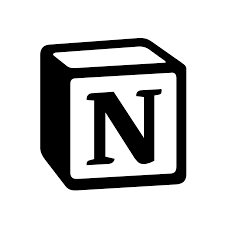
- Apps it replaces: Note-taking apps (like Evernote), task management apps (like Trello or Asana for simpler projects), document creation tools (like Google Docs for basic needs), and even some database and wiki tools.
- AI Integration: Notion AI enhances its core functionalities by offering features like AI-powered writing assistance (brainstorming ideas, drafting content, summarizing text), content generation within databases, and smart content analysis.
- Why it’s a game changer: Notion’s modular design combined with its growing AI capabilities makes it a powerful central hub for both personal and team productivity. You can seamlessly switch between different types of content and workflows within the same platform, eliminating the need to jump between multiple specialized apps.
2. Mem: The Self-Organizing Workspace Powered by AI
Mem takes a different approach by focusing on knowledge management and seamless information flow. It automatically organizes your notes, documents, and tasks based on context and connections, making it incredibly easy to find what you need, when you need it.

- Apps it replaces: Note-taking apps (like Evernote or OneNote), some aspects of personal knowledge management tools, and potentially even some basic task management.
- AI Integration: Mem’s core functionality is built around AI. It uses natural language processing to understand the content of your notes and automatically tags and connects related information. It also offers AI-powered search and the ability to generate insights and summaries from your knowledge base.
- Why it’s a game changer: Mem’s intelligent organization and focus on interconnected information make it a powerful tool for anyone who deals with a lot of information. Its ability to surface relevant content proactively can save you significant time and effort compared to manually organizing and searching through multiple apps.
3. ClickUp: The Customizable Productivity Platform with AI Assistance
ClickUp is a comprehensive project management platform that aims to be the “one app to replace them all.” It offers a vast array of features for task management, project collaboration, time tracking, and more.
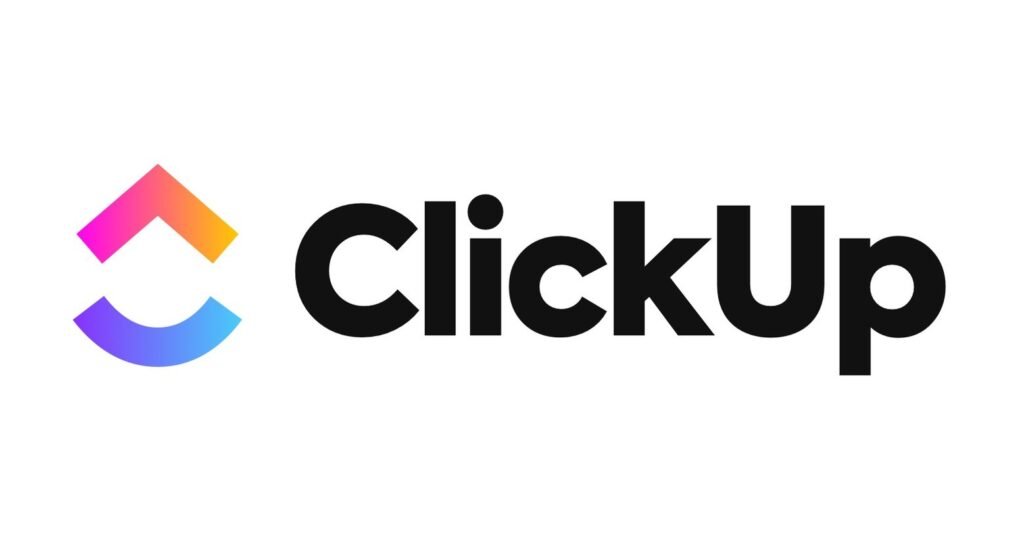
- Apps it replaces: Project management apps (like Asana, Trello, Monday.com), task management apps (like Todoist), time tracking apps, and even some basic document collaboration tools.
- AI Integration: ClickUp AI provides features like AI-powered task prioritization, meeting summaries, action item extraction, and even AI-generated content for tasks and projects.
- Why it’s a game changer: ClickUp’s sheer breadth of features, combined with its increasing AI capabilities, makes it a strong contender for teams and individuals who need a powerful and customizable productivity hub. Its ability to integrate various workflows into a single platform can significantly reduce app switching and improve collaboration.
4. Microsoft Loop: The Flexible Canvas for Collaborative Work
Microsoft Loop is a relatively new offering that focuses on collaborative work within a flexible digital canvas. It allows teams to co-create and organize various types of content in shared workspaces.
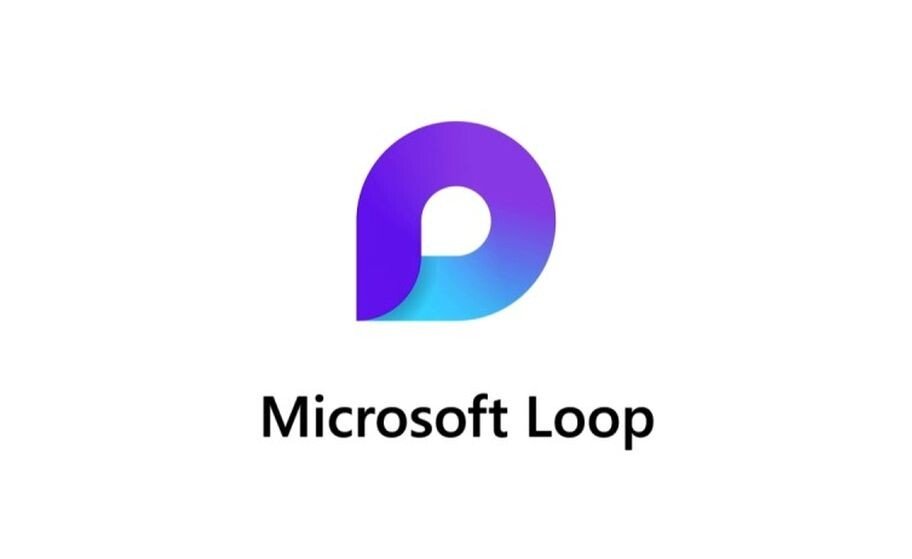
- Apps it replaces: Document collaboration tools (like Google Docs), some aspects of project management and task management apps, and potentially even some brainstorming and whiteboarding tools.
- AI Integration: While still evolving, Microsoft Loop is deeply integrated with Microsoft 365’s AI capabilities, offering features like co-pilot assistance for writing, brainstorming, and summarizing content within the Loop components.
- Why it’s a game changer: Loop’s focus on real-time collaboration and its flexible canvas make it ideal for teams working on projects that involve diverse types of content and require seamless co-creation. Its tight integration with the Microsoft ecosystem further enhances its appeal for many users.
5. Jasper (formerly Jarvis): The AI Writing Assistant That Does More
Jasper is primarily known as an AI writing assistant that can help you generate various types of content, from blog posts and marketing copy to social media updates and emails. However, its capabilities extend beyond just writing.
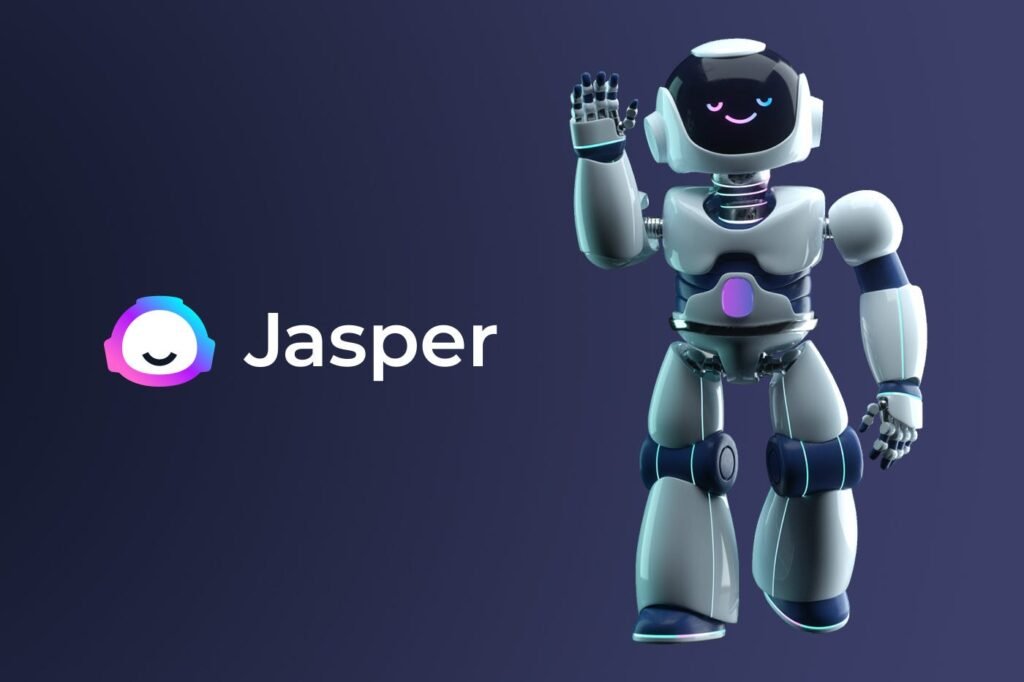
- Apps it replaces: AI writing tools, content creation tools, and potentially some aspects of social media management and email marketing platforms (for drafting content).
- AI Integration: Jasper’s core strength lies in its advanced natural language processing capabilities, allowing it to understand your prompts and generate high-quality, engaging content. It also offers features for content optimization and repurposing.
- Why it’s a game changer: For content creators, marketers, and anyone who frequently needs to write, Jasper can significantly streamline the content creation process, saving time and effort and potentially reducing the need for multiple specialized writing and content creation tools.
6. Fireflies.ai: The AI Meeting Assistant That Automates Everything
Fireflies.ai is an AI-powered meeting assistant that automatically records, transcribes, summarizes, and analyzes your meetings across various platforms.
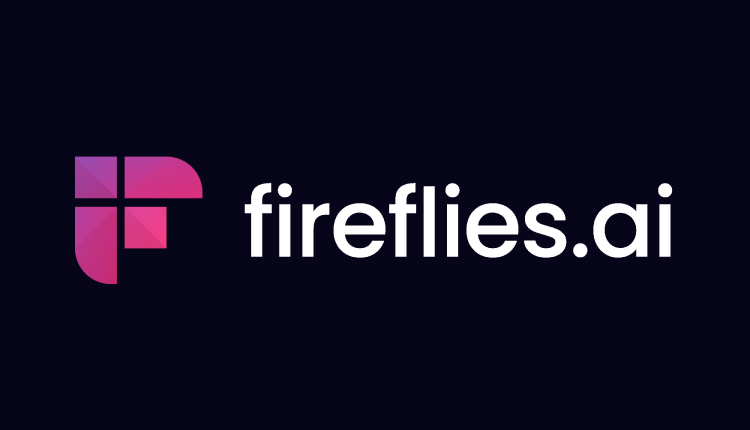
- Apps it replaces: Meeting recording apps, transcription services, and potentially some note-taking and action item tracking tools.
- AI Integration: Fireflies.ai uses advanced AI to accurately transcribe meetings, identify key discussion points, extract action items, and even analyze sentiment. It integrates seamlessly with popular video conferencing and collaboration platforms.
- Why it’s a game changer: Fireflies.ai significantly simplifies the post-meeting workflow. You no longer need to take detailed notes or spend hours transcribing recordings. The AI does it all for you, allowing you to focus on the discussion and easily access key information later.
7. Superhuman: The AI-Powered Email Client That Does More
Superhuman is an email client that leverages AI to help you process your emails faster and more efficiently. It offers features like AI-powered triaging, smart replies, and insights into your communication patterns.
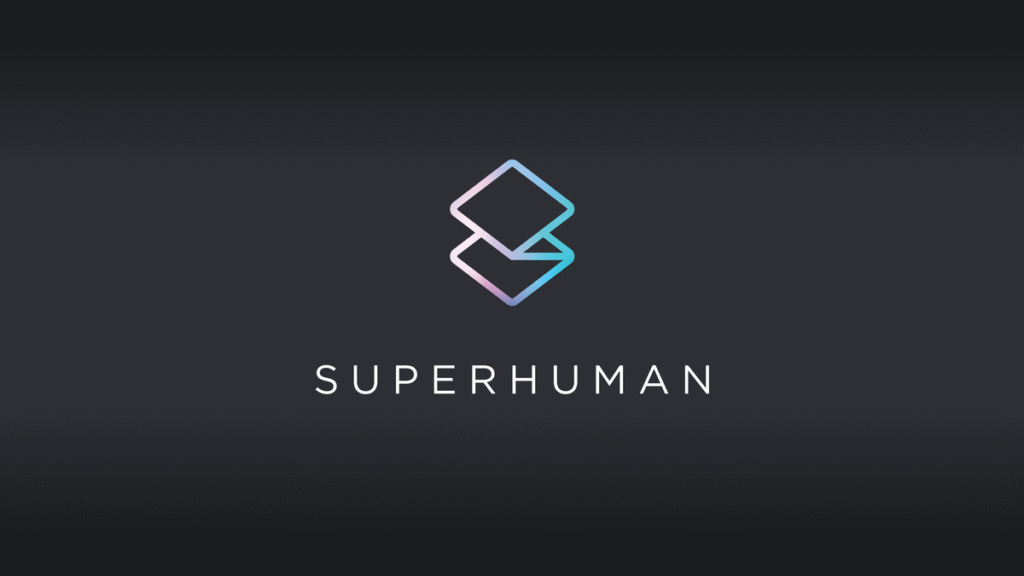
- Apps it replaces: Traditional email clients and potentially some basic productivity tools for managing your inbox.
- AI Integration: Superhuman uses AI to prioritize important emails, suggest quick replies, provide context about senders, and even remind you to follow up. Its goal is to make email less of a time sink and more of a seamless communication tool.
- Why it’s a game changer: For those who spend a significant amount of time managing their inbox, Superhuman’s AI-powered features can dramatically improve efficiency and help you stay on top of your communication without feeling overwhelmed.
The Future is Integrated: Embracing the Power of AI Assistants
The rise of these AI Assistants signals a significant shift in how we approach productivity and digital organization. The trend is clearly moving towards integrated platforms that can handle a wider range of tasks, powered by the intelligence and automation capabilities of AI.
While specialized apps will likely always have their place for niche needs, the convenience and efficiency offered by these all-in-one AI Assistants are hard to ignore. Imagine a future where you have a single, intelligent hub that understands your needs, anticipates your requests, and seamlessly manages your tasks, communication, and information. That future is closer than you think.
Frequently Asked Questions (FAQ)
We get it, diving into the world of AI can bring up a few questions. Here are some of the most common ones we hear, answered just for you!
1. What’s the difference between these AI Assistants and something like Siri or Google Assistant?
That’s a great question! Think of it this way: Siri and Google Assistant are fantastic for quick, in-the-moment tasks like “What’s the weather?” or “Set a timer for 10 minutes.” They are broad, voice-first assistants.
The AI assistants we’ve covered in this post, like Notion or ClickUp, are more like specialized AI-powered workspaces. They are designed for deeper, more complex work. They don’t just answer a question; they help you organize entire projects, connect ideas from hundreds of notes, and automate multi-step workflows. They are less about quick commands and more about becoming the central hub for your productivity.
2. Are these AI-powered platforms secure? I’m worried about putting all my information in one place.
This is probably the most important question, and it’s smart to be cautious. The good news is that the reputable companies behind these platforms take security very seriously. They typically use industry-standard security measures like end-to-end encryption and encryption-at-rest to protect your data.
However, you should always do your part! Before committing to any service, review its privacy policy. We also highly recommend using a strong, unique password and enabling two-factor authentication (2FA) whenever it’s offered. By combining their security with your smart practices, you can feel confident your data is safe.
3. This sounds great, but are these tools expensive?
The cost varies, but many of these platforms operate on a “freemium” model. This means they offer a generous free plan that’s perfect for individual users or for just trying things out. The paid plans usually unlock more advanced features, greater storage, and better collaboration tools for teams.
Think of it as an investment. If an AI assistant costing $10/month helps you save hours of work and allows you to cancel three other subscriptions that cost $5/month each, you’re coming out ahead in both time and money!
4. How do I choose the right AI assistant for my needs?
The best way to choose is to start with your biggest pain point.
- Is your note-taking a chaotic mess? Start by exploring Notion or Mem.
- Is your team struggling to manage projects? Give ClickUp a try.
- Do you spend half your day drowning in your inbox? Superhuman might be your lifesaver.
Most of these tools offer free trials or robust free versions. Our advice? Pick one or two that seem like a good fit for your biggest problem and spend a week actively using them. You’ll quickly get a feel for which one clicks with your personal workflow.
5. Can one tool really replace 3+ apps, or is that an exaggeration?
For many people, it’s absolutely not an exaggeration! For example, a freelance writer could easily use Notion to replace a separate app for notes (like Evernote), task management (like Todoist), and document writing (like Google Docs). By bringing all those functions into one place, they simplify their workflow and reduce distractions.
Of course, it depends on your specific needs. If you’re a power user of a highly specialized app, an all-in-one tool might not replace every single advanced feature. But for the vast majority of users, the consolidation is a massive productivity win.
6. Is the AI going to do my thinking for me?
Not at all! The goal of the AI in these platforms is not to replace your critical thinking but to augment it. Think of the AI as a super-powered assistant or a creative partner. It can handle the tedious stuff, like summarizing long meeting transcripts or organizing your brainstorming notes. It can offer suggestions when you have writer’s block. But you are always in control. You provide the direction, the context, and the final judgment. The AI just helps you get there faster and more efficiently.
7. Do these AI assistants work with my other favorite apps?
Yes, most of them do! The creators of these platforms understand that you can’t always replace every single tool. That’s why they are built to be integration-friendly. You can often connect them to services like Google Calendar, Slack, Dropbox, GitHub, and more. For even more power, many connect with automation tools like Zapier, which allows you to link your AI assistant to thousands of other applications, creating a truly seamless workflow.
8. What happens if I don’t have an internet connection? Is my work lost?
This is a crucial question for anyone who works on the go. The answer varies by tool, but most leading platforms have robust offline modes. Apps like Notion and ClickUp have desktop and mobile applications that allow you to continue working on your documents and tasks without an internet connection. Once you’re back online, everything syncs up automatically. Before choosing your tool, it’s always a good idea to check its specific offline capabilities to make sure it fits your lifestyle.
Ready to Declutter and Supercharge Your Productivity?
The power to simplify your digital life and boost your productivity is within reach. By embracing these innovative AI Assistants, you can say goodbye to the endless app switching and hello to a more focused, efficient, and streamlined workflow.
Which of these AI Assistants intrigues you the most? Have you tried any of them already? Share your thoughts and experiences in the comments below!
And if you’re looking for more tips and insights on how to leverage technology to enhance your productivity and mental well-being, be sure to explore the other articles on MindGearMen. Let’s navigate the future of technology together!


